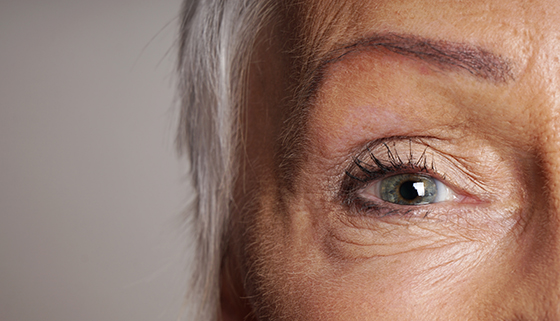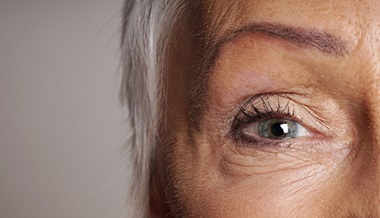Smell and Taste Disorders
What are smell and taste disorders?
The most common smell and taste disorders are:
-
Anosmia. Loss of sense of smell
-
Ageusia. Loss of sense of taste
-
Hyposmia. Reduced ability to smell
-
Hypogeusia. Reduced ability to taste sweet, sour, bitter, or salty things
In other disorders, odors, tastes, or flavors may be misread or distorted. They may cause you to detect a bad odor or taste from something that is normally pleasant to taste or smell. These disorders can affect quality of life. They may also be a sign of underlying disease.
Problems with taste and smell can suggest certain health problems, such as:
-
Obesity
-
Diabetes
-
High blood pressure
-
Poor nutrition
-
Nervous system diseases, such as:
-
Parkinson disease
-
Alzheimer disease
-
Multiple sclerosis
-
What causes smell and taste disorders?
Some people are born with these disorders, but most are caused by:
-
Illness (for example, cold or flu, sinus infection, and allergies)
-
Head injury
-
Hormone changes
-
Dental or mouth problems
-
Nasal polyps
-
Exposure to certain chemicals
-
Certain medicines
-
Exposure to radiation therapy for head or neck cancer
-
Cocaine snorted through the nose
-
Cigarette smoking
#TomorrowsDiscoveries: How Odor Sensitive Cells Regenerate– Randall Reed, Ph.D.
Odor-sensitive cells can warn of us of dangers and let us know when something is pleasant to eat. However, because they are so sensitive, they can easily die when exposed to the outside world. Geneticist Randall Reed and his team seek to understand how they can regenerate so quickly. This will prevent people from losing their sense of smell in a time of danger.
What are the symptoms of smell and taste disorders?
Symptoms can range from the not being able to smell or taste at all to the reduced ability to smell or taste specific things that are sweet, sour, bitter or salty. In some cases, normally pleasant tastes or smells may become unpleasant.
How are smell and taste disorders diagnosed?
Along with a complete medical history and physical exam, other test may include:
-
Measuring the lowest strength of a chemical that a person can recognize
-
Comparing tastes and smells of different chemicals
-
"Scratch and sniff" tests
-
"Sip, spit, and rinse" tests where chemicals are applied to specific areas of the tongue
How are smell and taste disorders treated?
Your healthcare provider will figure out the best treatment for you based on:
-
How old you are
-
Your overall health and medical history
-
How sick you are
-
How well you can handle specific medicines, procedures, or therapies
-
How long the condition is expected to last
-
Your opinion or preference
Treatment may include:
-
Stopping or changing medicines that contribute to the disorder
-
Correction of the underlying medical problem
-
Surgical removal of obstructions that may be causing the disorder
-
Counseling
-
Quitting smoking
What are the complications of smell and taste disorders?
While both smell and taste disorders affect quality of life, smell disorders can be dangerous. They damage your ability to detect such things as:
-
Fire
-
Poisonous fumes
-
Leaking gas
-
Spoiled food and beverages
Taste disorders can affect nutrition and lead to weight loss and malnutrition. It can also harm the immune system and worsen other medical conditions.
Key points about smell and taste disorders
-
The loss of the senses of smell and taste are the most common smell and taste disorders.
-
Other disorders include the reduced ability to smell or taste specific substances that are sweet, sour, bitter or salty.
-
For some people, normally pleasant tastes or smells may become unpleasant.
-
Treatments for smell and taste disorders often include treating the underlying cause.
-
Smell and taste disorders can affect quality of life and should be treated.
Next steps
Tips to help you get the most from a visit to your healthcare provider:-
Know the reason for your visit and what you want to happen.
-
Before your visit, write down questions you want answered.
-
Bring someone with you to help you ask questions and remember what your provider tells you.
-
At the visit, write down the name of a new diagnosis, and any new medicines, treatments, or tests. Also write down any new instructions your provider gives you.
-
Know why a new medicine or treatment is prescribed, and how it will help you. Also know what the side effects are.
-
Ask if your condition can be treated in other ways.
-
Know why a test or procedure is recommended and what the results could mean.
-
Know what to expect if you do not take the medicine or have the test or procedure.
-
If you have a follow-up appointment, write down the date, time, and purpose for that visit.
-
Know how you can contact your provider if you have questions.






